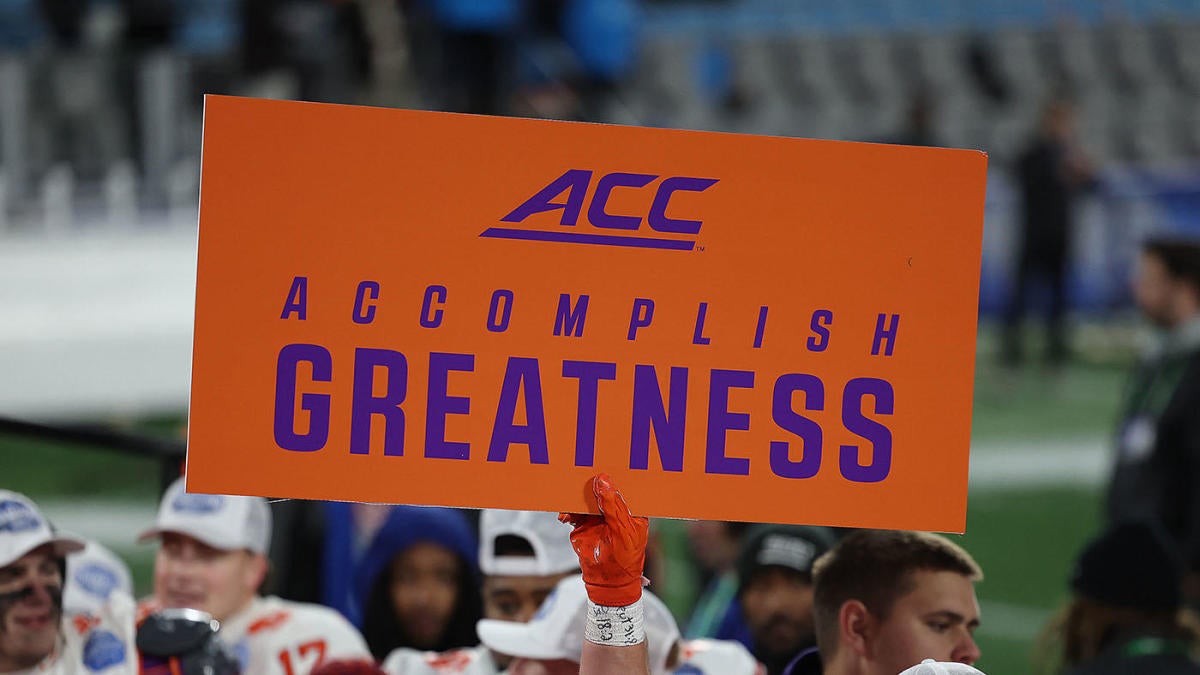Hidden Risks: Why Sports Betting's Dark Side Remains a Silent Threat
Sports
2025-03-20 22:14:58Content

March Madness is set to become a betting bonanza, with Americans expected to wager a staggering $3 billion on college basketball this year. Since the Supreme Court's landmark 2018 decision to deregulate sports gambling, a sweeping transformation has taken place across the United States, with 38 states now embracing legal sports betting.
However, beneath the excitement of this gambling revolution lies a growing concern among mental health experts. They warn that we are only scratching the surface of understanding the profound psychological implications of this widespread betting accessibility. The potential risks remain largely uncharted territory, with researchers cautioning that the full impact on individual and societal mental health is still unclear.
As March Madness fever grips the nation, the ease of placing bets through mobile apps and online platforms has dramatically changed the landscape of sports entertainment. What was once a hushed, underground activity has now become a mainstream phenomenon, raising critical questions about addiction, financial vulnerability, and the long-term consequences of normalized sports gambling.
The Billion-Dollar Gamble: March Madness Betting and Its Hidden Psychological Toll
In the rapidly evolving landscape of sports entertainment and gambling, a seismic shift has occurred that challenges our understanding of risk, addiction, and personal choice. The Supreme Court's landmark 2018 decision to deregulate sports betting has unleashed a complex web of economic and psychological implications that extend far beyond the basketball court.Unraveling the High-Stakes Game of March Madness Betting
The Legal Transformation of Sports Gambling
The 2018 Supreme Court decision marked a pivotal moment in American gambling history, effectively dismantling decades-old restrictions that had kept sports betting largely underground. This judicial intervention opened a Pandora's box of economic opportunities and potential societal challenges. With 38 states now embracing legal sports wagering, the landscape of entertainment and risk has been fundamentally reimagined. Experts argue that this legal metamorphosis represents more than just a financial opportunity—it's a profound social experiment. The accessibility of sports betting through digital platforms and mobile applications has democratized what was once a marginalized activity, creating unprecedented levels of engagement for millions of Americans.The Psychological Landscape of Sports Betting
Beneath the excitement of March Madness betting lies a complex psychological terrain that researchers are only beginning to comprehend. The neurological mechanisms driving gambling behavior are intricate, involving dopamine release, risk perception, and complex emotional responses that can quickly transition from recreational activity to potential addiction. Mental health professionals have raised significant concerns about the potential long-term psychological impacts of widespread sports betting. The instant gratification and intermittent reward systems embedded in betting platforms can trigger addictive behavioral patterns, particularly among younger demographics who may be more susceptible to such psychological mechanisms.Economic Implications and Social Dynamics
The projected $3 billion in legal March Madness wagers represents more than just a financial statistic—it's a testament to the profound cultural shift in how Americans perceive and engage with sports entertainment. This massive economic ecosystem involves sophisticated algorithms, real-time data analysis, and intricate marketing strategies designed to maximize user engagement. However, the economic benefits come with substantial potential risks. The ease of access and normalization of sports betting could lead to increased financial strain for vulnerable populations, potentially exacerbating existing socioeconomic disparities.Technological Innovations and Responsible Gambling
As the sports betting landscape continues to evolve, technological innovations are emerging to address potential psychological risks. Advanced algorithms and machine learning techniques are being developed to identify problematic gambling behaviors, offering potential interventions before they escalate into more serious mental health challenges. Responsible gambling initiatives are becoming increasingly sophisticated, incorporating personalized risk assessments, self-exclusion mechanisms, and real-time behavioral monitoring. These technological safeguards represent a proactive approach to mitigating the potential negative consequences of widespread sports betting.Future Outlook and Societal Considerations
The ongoing transformation of sports betting reflects broader societal changes in risk perception, entertainment, and personal autonomy. As legal frameworks continue to adapt, the delicate balance between individual freedom and collective well-being remains a critical point of discussion. Policymakers, mental health professionals, and technology experts must collaborate to develop comprehensive strategies that protect individuals while acknowledging the complex dynamics of modern sports entertainment and gambling culture.RELATED NEWS
Sports

Conference Chaos: How the ACC's Survival Strategy Masks a Crumbling College Sports Landscape
2025-03-06 15:38:00
Sports

Suarez's Historic Slugfest: Diamondbacks Seek Revenge Against Braves After Record-Breaking Night
2025-04-27 07:55:28






